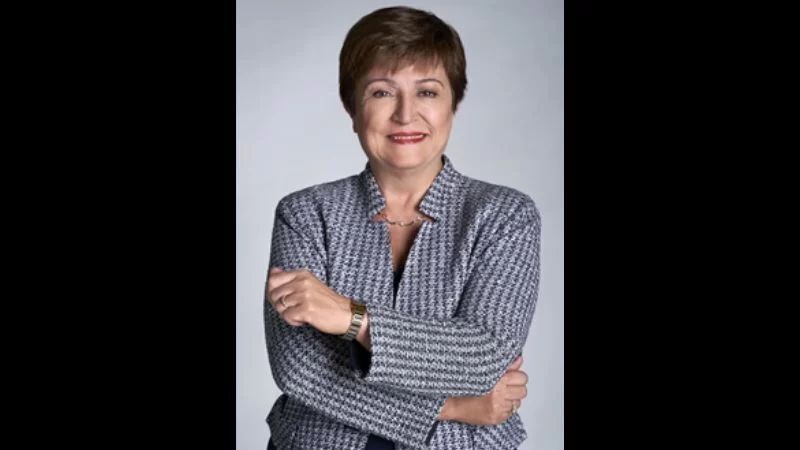The International Monetary Fund (IMF) has announced the establishment of a new regional office in Riyadh, Saudi Arabia. The inaugural director of this office will be Abdoul Aziz Wane, a Senegal national with prior experience at the IMF.
The operations of the new regional office commenced with a two-day conference in Riyadh. According to an IMF news release, the conference aimed to review industrial policy principles and evaluate successes and failures in other areas. The new office is anticipated to "scale up capacity building, regional surveillance, and outreach" to enhance regional integration. The IMF believes that this move will bolster its engagement with governments, regional institutions, and other stakeholders.
The conference took place on April 24 and 25 in Riyadh, gathering regional and international policymakers as well as economists focused on industrial policy. His Excellency Faisal bin Fadhil Alibrahim, Minister of Economy and Planning for the Kingdom of Saudi Arabia, initiated the conference with his speech. A roundtable discussion involving policymakers from the Gulf Cooperation Council region concluded the event under the leadership of Jihad Azour, IMF's director of Middle East and Central Asia Department.
Saudi Arabia joined the IMF on August 26, 1957. Its most recent country report with the IMF was issued on September 6, 2023. This report identified Saudi Arabia as the "fastest growing G20 economy" in 2022. The country experienced an overall growth rate of 8.7%, propelled by robust oil production and a non-oil GDP growth rate of 4.8% driven by private consumption and non-oil private investment. As per this report, unemployment stood at 4.8% at the end of 2022 while inflation remained low and was decreasing as of September 2023.
IMF directors also acknowledged Saudi Arabia's progress in implementing structural reforms such as increasing female participation in the labor force, enhancing regulatory frameworks and business environments, and promoting private sector investment.
The two-day conference focused on "reviewing industrial policy's key principles and drawing lessons from its successes and setbacks in other regions, including Asian miracles," according to the press release announcing the new office and the conference.

